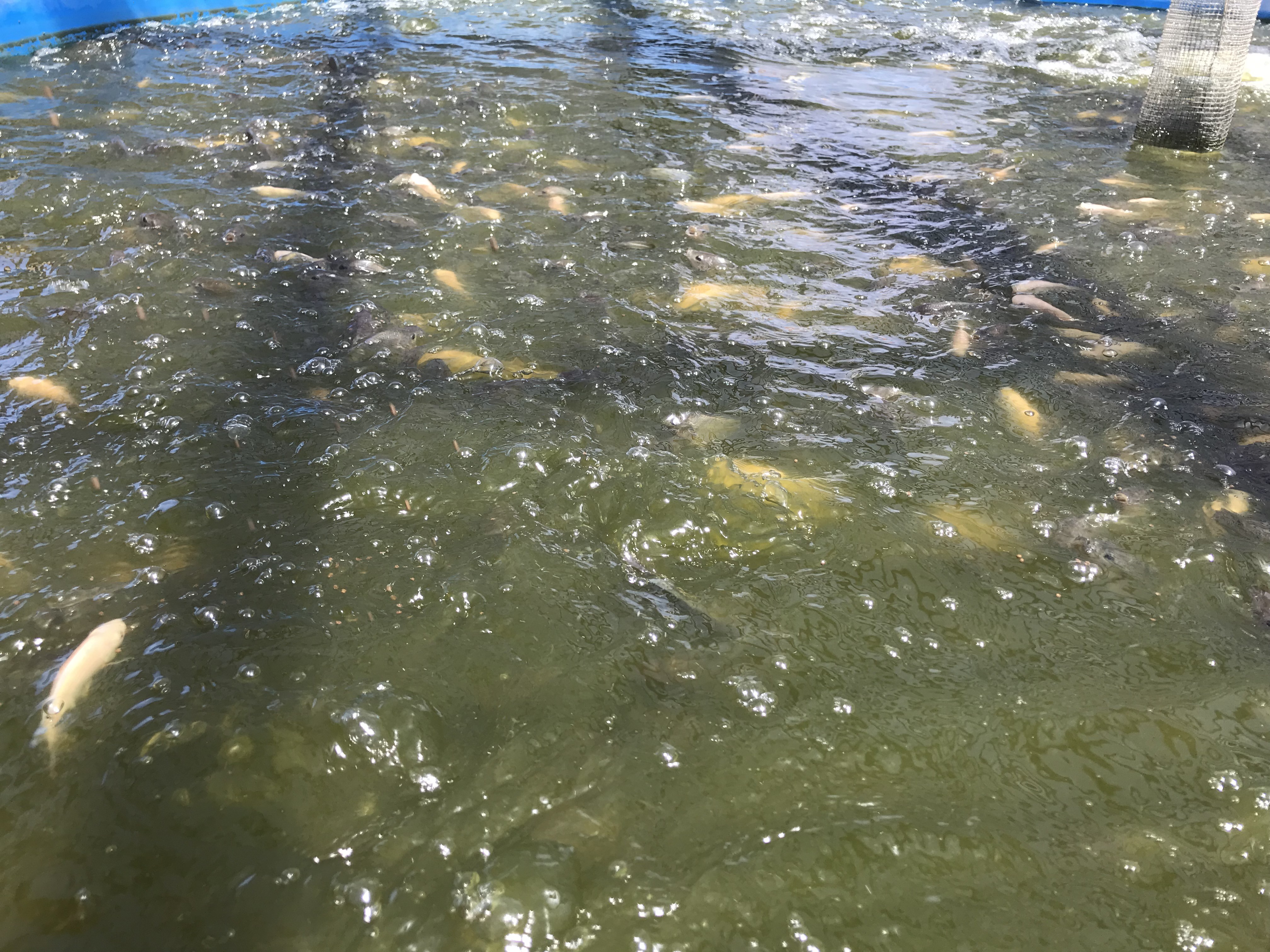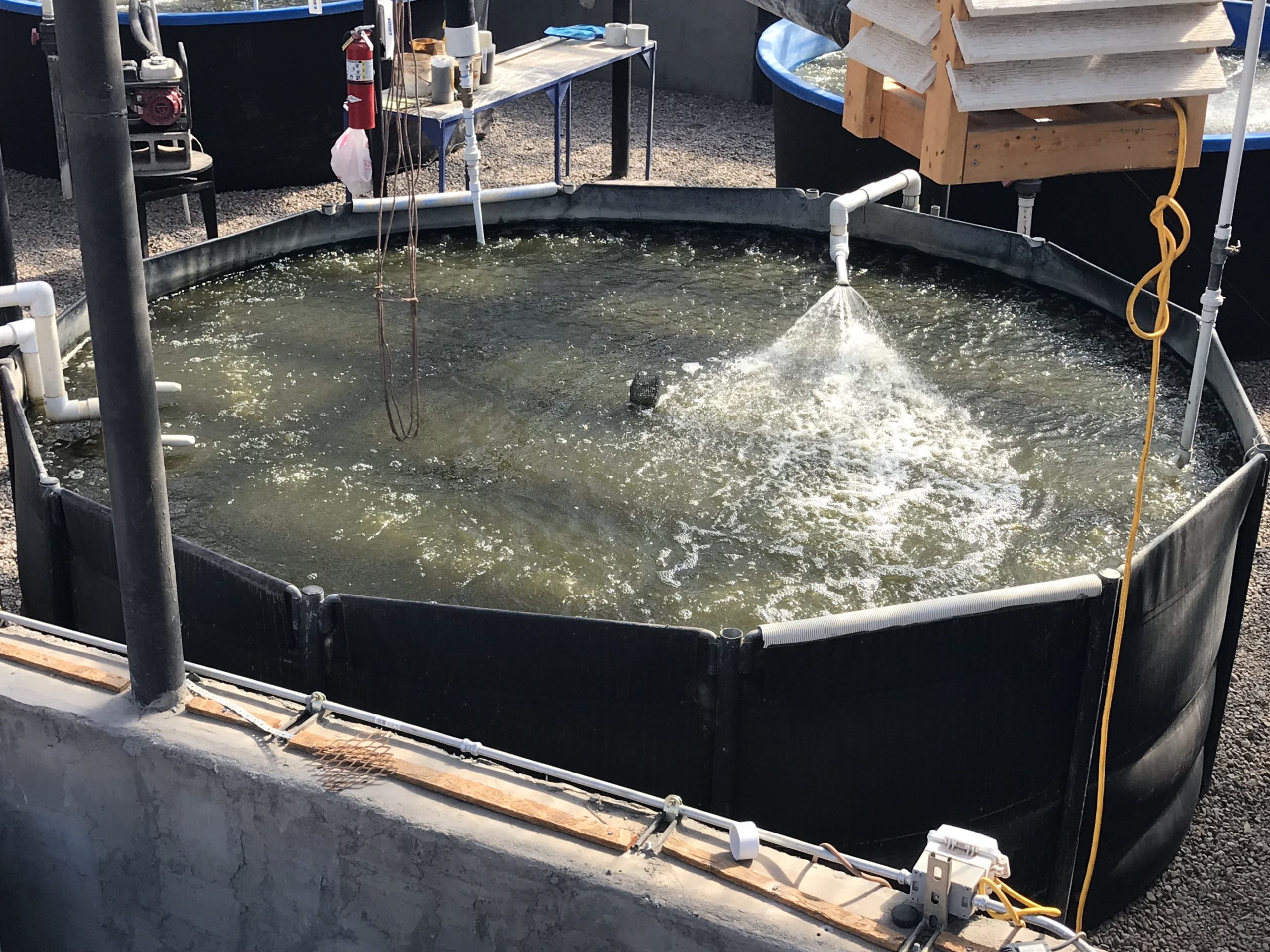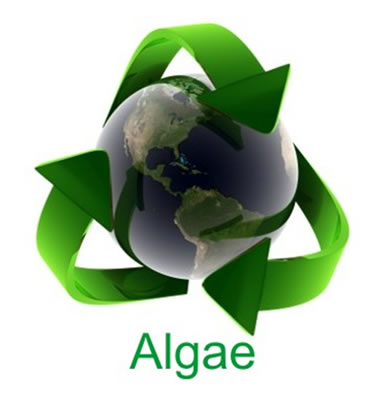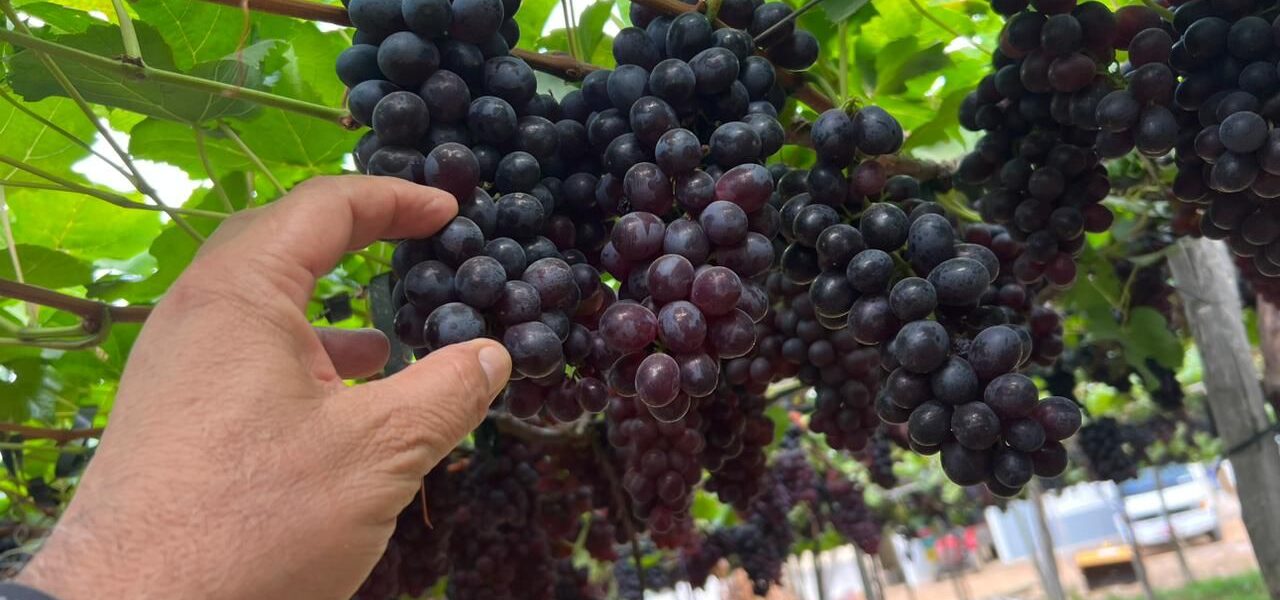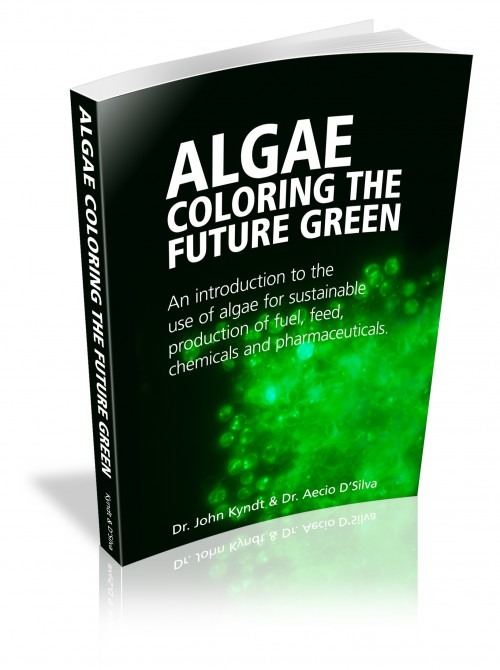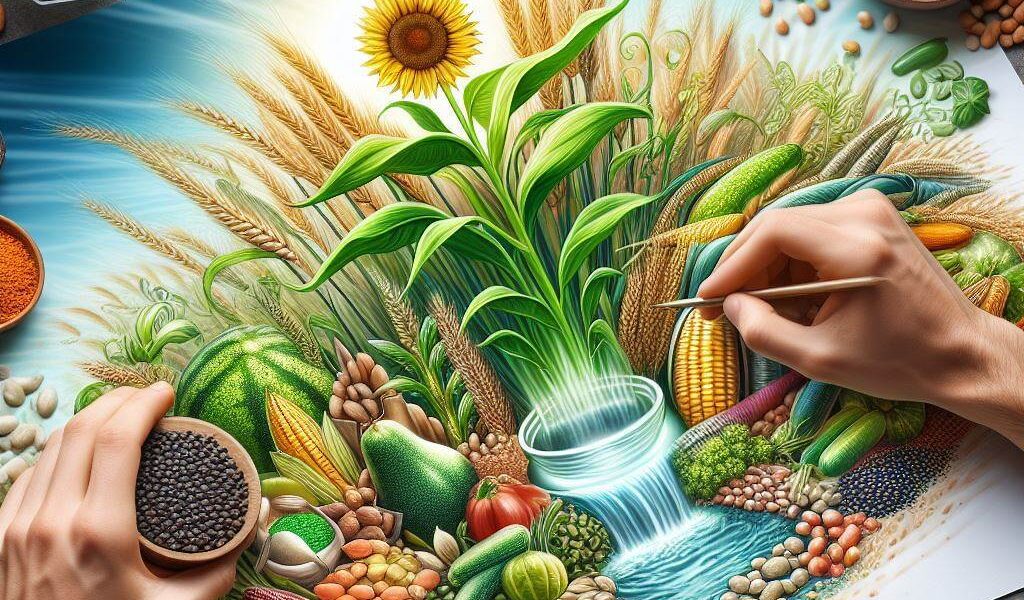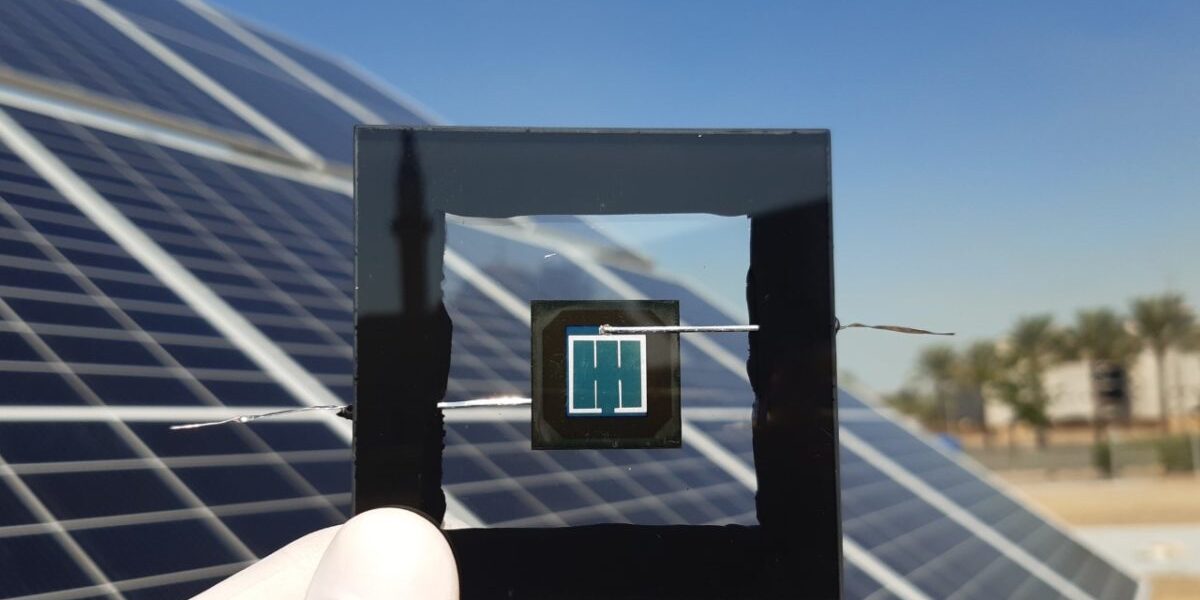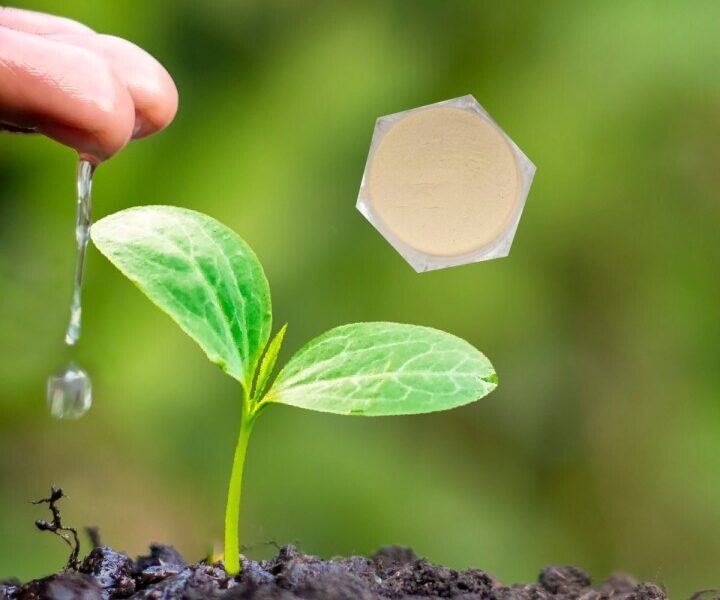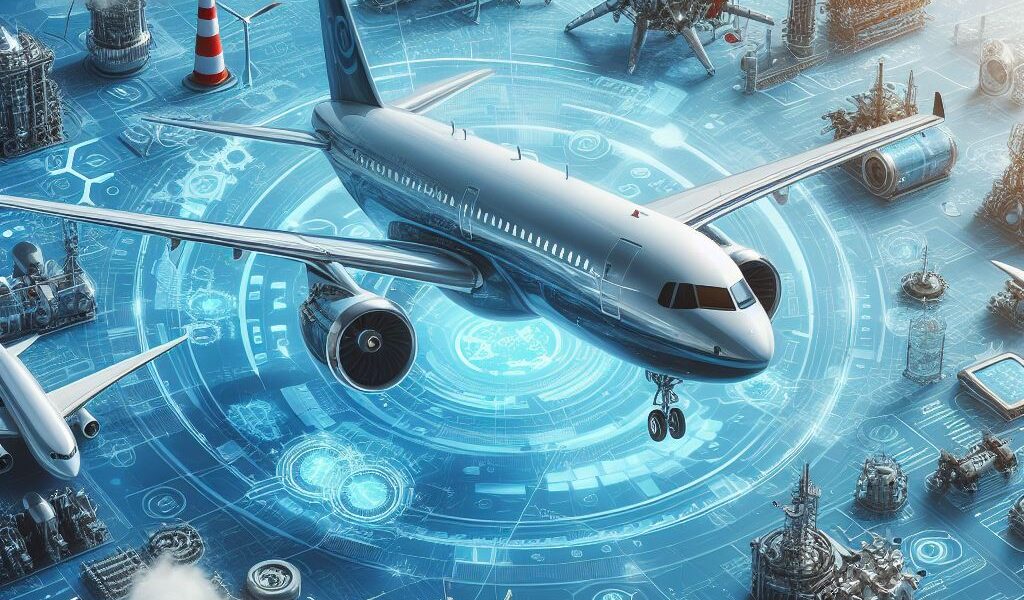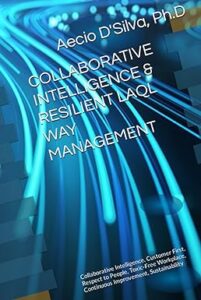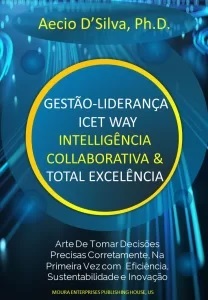Innovation is the process of creating and applying new ideas, methods, or technologies to solve problems or improve existing situations
Prof. Aécio D’Silva, Ph.D
Sustainable Integrated Aquaculture – Innovation can play a key role in promoting polyculture and sustainable integrated aquaculture practices, which are methods of farming fish and other aquatic organisms with other species or systems, to increase the productivity, diversity, and sustainability of the aquaculture system.
Author: Amds
Organic Vs Sustainable Aquaculture Practices: What’s the Difference and Why Does It Matter?
A comparison of two approaches to farming fish and other aquatic organisms that aim to minimize environmental impacts and maximize social benefits
Prof. Aécio D’Silva, Ph.D
Organic vs Sustainable aquaculture – Aquaculture, the cultivation of fish and other aquatic organisms, is one of the fastest-growing food production sectors in the world, providing food, income, and livelihoods for millions of people. However, aquaculture also poses various environmental and social challenges, such as water pollution, habitat degradation, disease outbreaks, and human rights violations. To address these challenges, different approaches to aquaculture have emerged, such as organic and sustainable aquaculture. But what are the differences between these two approaches, and why do they matter for consumers, producers, and the planet?
Unbalanced Hormones: What Are They, What Causes Them, and How to Fix Them
A comprehensive guide to understanding and managing hormonal imbalances that affect your health and well-being
Prof. Aécio D’Silva, Ph.D
Unbalanced Hormones – Hormones are your body’s chemical messengers that regulate many of your vital functions, such as metabolism, reproduction, mood, and sleep. When your hormones are in balance, you feel good and function well. But when your hormones are out of balance, you may experience a range of symptoms and health problems that can affect your quality of life. In this blog post, you will learn what unbalanced hormones are, what causes them, how to identify them, and how to treat them.
How Phytohormones Can Boost Algal Biofuel Production
A novel approach to enhance the growth and quality of microalgae using plant hormones
Prof. Aécio D’Silva, Ph.D
Microalgae are microscopic organisms that can convert sunlight and carbon dioxide into biomass and biofuels, such as biodiesel, bioethanol, and biogas. However, the current methods of cultivating microalgae are not efficient enough to meet the increasing demand for renewable energy. One of the challenges is to increase the biomass and biofuel content of microalgae while reducing the cost and environmental impact of the process. A possible solution is to use phytohormones, which are natural or synthetic compounds that regulate the growth and development of plants and algae.
How to Grow More with Less: The Power of Phytohormones and Beneficial Microbes in Sustainable Agriculture
A novel approach to enhance the productivity and resilience of crops using natural and eco-friendly biostimulants
Prof. Aécio D’Silva, Ph.D
Phytohormones and Beneficial Microbes – Sustainable agriculture is the practice of producing food, fiber, and fuel in a way that meets the needs of the present without compromising the ability of future generations to meet their own needs. Sustainable agriculture aims to conserve natural resources, protect the environment, enhance human health, and ensure social and economic well-being. However, sustainable agriculture faces many challenges, such as climate change, population growth, land degradation, water scarcity, pest and disease outbreaks, and food insecurity. To overcome these challenges, farmers need to adopt innovative and efficient methods of crop management that can increase the yield and quality of crops, while reducing the input and impact of synthetic chemicals, such as fertilizers, pesticides, and growth regulators. One of the possible solutions is to use phytohormones and beneficial microbes, which are natural and eco-friendly biostimulants that can improve the growth and development of plants by modulating their physiological and biochemical processes.
The Potential of Catalytic Hydrothermal Liquefaction Technology to Convert Algae Biomass to Oil and Biochemicals
Catalytic hydrothermal liquefaction (CHTL) is a process that can convert wet algae biomass into biocrude oil and biochemicals, a renewable and sustainable alternative to fossil fuels
Prof. Aécio D’Silva, Ph.D
Catalytic Hydrothermal Liquefaction Technology (CHTL) can overcome the challenges of conventional biofuel production, such as high energy consumption, low conversion efficiency, and poor biocrude quality. CHTL can also utilize various types of algae, such as microalgae, macroalgae, and cyanobacteria, which have high biomass productivity, low land and water requirements, and high environmental benefits.
Algae are aquatic organisms that can perform photosynthesis and produce biomass, which can be converted into biofuels, such as biogas, bioethanol, biodiesel, or biocrude oil. Biofuels are renewable and sustainable sources of energy that can reduce greenhouse gas emissions, enhance energy security, and diversify the energy portfolio. However, biofuel production from algae also faces some challenges, such as high moisture content, low lipid content, complex cell wall structure, and diverse biomass composition, which can affect the conversion process and the biocrude quality.
Read moreUnveiling the Power of Biofortification: A Solution to Hidden Hunger
Biofortification is a process of increasing the micronutrient content of staple crops through breeding, agronomic, or biotechnological methods
Prof. Aécio D’Silva, Ph.D
Biofortification can help to reduce hidden hunger, which is a form of malnutrition caused by micronutrient deficiencies, affecting more than two billion people worldwide. Biofortification can provide a sustainable, cost-effective, and accessible way of delivering micronutrients to poor and vulnerable populations, especially in rural areas.
Hidden hunger is a global public health problem that affects more than two billion people, especially women and children, in developing countries. Hidden hunger is a form of malnutrition caused by the lack of essential micronutrients, such as iron, zinc, iodine, vitamin A, and folate, in the diet. Micronutrients are vital for the normal functioning of the body, such as growth, development, immunity, and metabolism. Micronutrient deficiencies can lead to various health consequences, such as anemia, stunting, blindness, cognitive impairment, birth defects, and an increased risk of infections and chronic diseases.
Read morePerovskite-Silicon Tandem Solar Cells: A Bright Future for Renewable Energy?
How a New Kind of Solar Cell Can Boost the Efficiency and Lower the Cost of Solar Power Generation
Prof. Aécio D’Silva, Ph.D
Perovskite-Silicon Tandem Solar Cells – Solar energy is one of the most abundant and clean sources of renewable energy, but it still faces some challenges, such as low efficiency, high cost, and intermittency. To overcome these challenges, researchers and companies are developing a new kind of solar cell that combines two different materials: perovskite and silicon. These perovskite-silicon tandem solar cells have the potential to deliver more power, use less space, and reduce the environmental impact of solar power generation.
Unlock Crop Potential by Stimulating Plant Growth with Naturally Derived Biostimulants and Organic Biofertilizers
Biostimulants and organic biofertilizers, as ones from fish residues and fish manure, are natural products that can enhance plant growth, yield, and quality, as well as improve soil health and fertility
Prof. Aécio D’Silva, Ph.D
Biostimulants and organic biofertilizers can help overcome conventional agriculture’s challenges, such as soil degradation, nutrient depletion, and environmental pollution. They can also help to meet the increasing demand for food, feed, and fiber while ensuring sustainability and resilience.
Agriculture is one of the most important sectors of the global economy, as it provides food, feed, and fiber for the growing population. However, agriculture also faces many challenges, such as soil degradation, nutrient depletion, and environmental pollution, due to the intensive use of synthetic fertilizers, pesticides, and irrigation. These practices can have negative impacts on the soil health and fertility, the plant growth and quality, and the ecosystem services and biodiversity. Moreover, agriculture also needs to cope with the effects of climate change, such as drought, heat, salinity, and pests, which can reduce crop yield and quality.
Read moreHow Hydrogen Fuel Cells for Aviation Could Revolutionize Flight
Hydrogen fuel cells for aviation are a promising technology that can reduce the environmental impact of flying and increase the efficiency of aircraft Prof. Aécio […]
Read more